Writer Francesca Mari discusses the way housing is set up in Vienna and why it’s become a model for building wealth and security for even low-income renters.
Read more


Writer Francesca Mari discusses the way housing is set up in Vienna and why it’s become a model for building wealth and security for even low-income renters.
Read more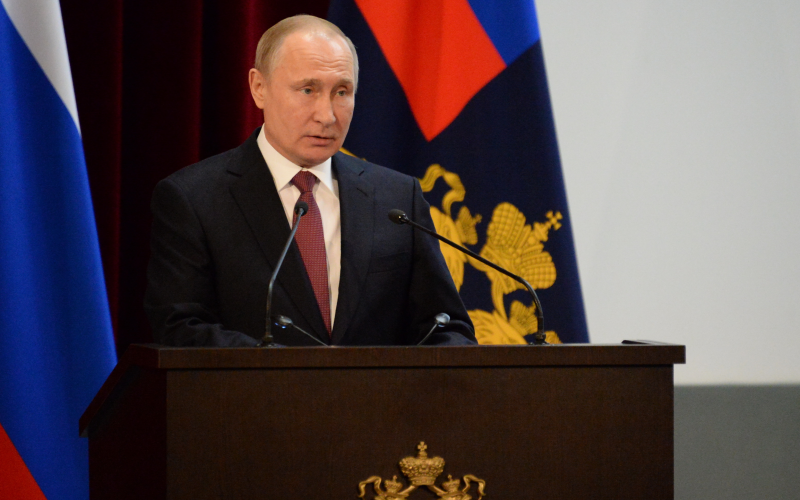
Global policy expert Igor Khrestin discusses current events in Russia – from the insurgency to the war in Ukraine.
Read more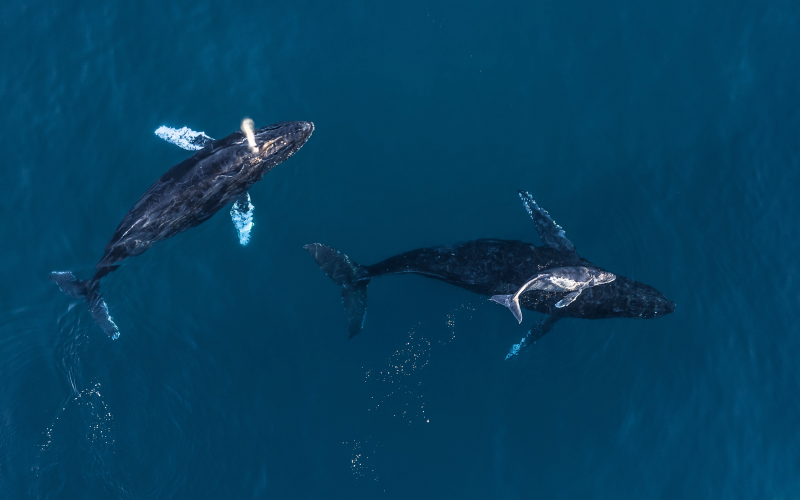
Wired staff writer Gregory Barber discusses a new way of looking at carbon credits – assigning monetary value to creatures that help offset carbon emissions.
Read more
NPR correspondent Elise Hu discusses K-beauty – which prioritizes perfection – its reach across the globe, and the consumerism that has crept into our very skin.
Read more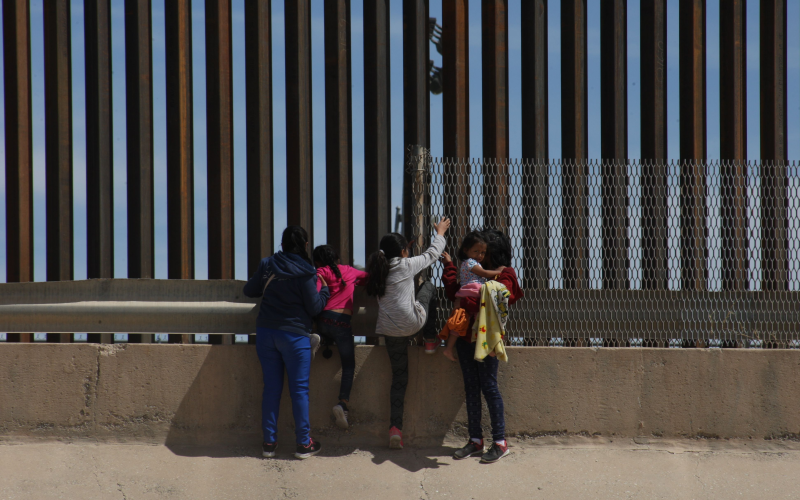
Immigrant justice advocate Alejandra Oliva discusses her work as a translator on the border, how it relates to her life as a Mexican-American woman, and what it takes to actually become a U.S. citizen.
Read more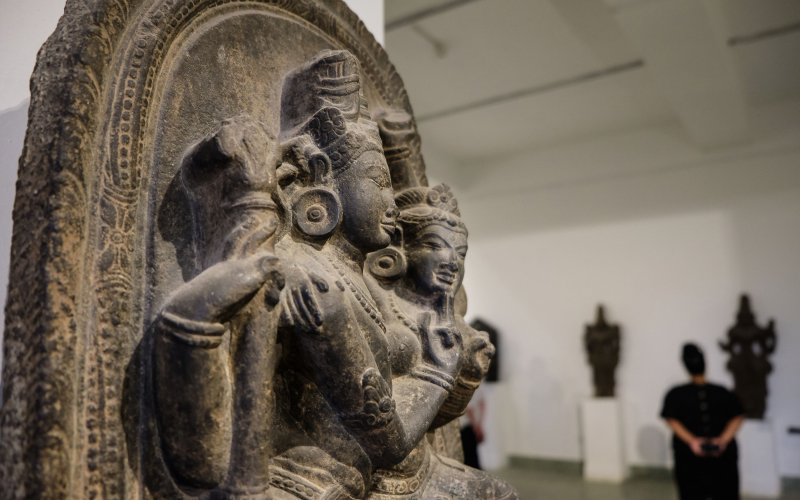
Fulbright scholar and editor Elizabeth Kadetsky discusses the theft of revered stone deities in India and what they say about the ways the art world traffics prized items.
Read more
U.S. foreign policy expert Sean A. Mirski discusses how the U.S. attained superpower status, the invasions and occupations that got us there, and where we go next.
Read more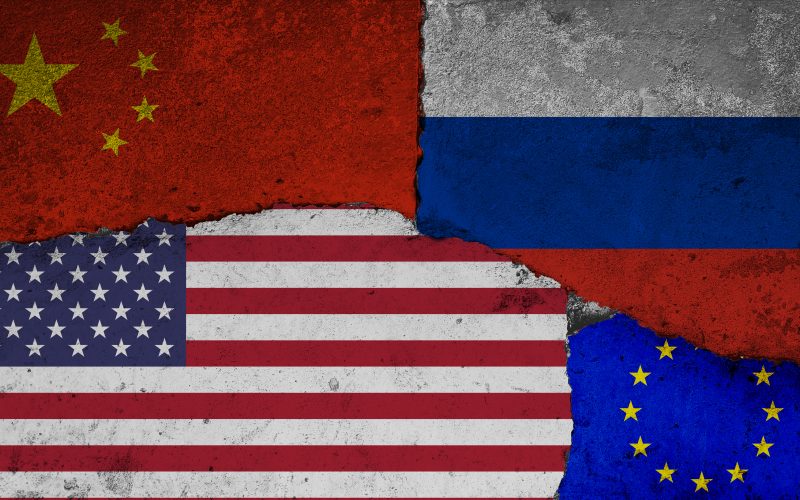
Dartmouth College professor William Wohlforth talks about why he believes peer nations still have a long way to go to match American power.
Read more
International affairs professor Christopher Layne discusses why Russia’s opposition of NATO has brought Europe to this point, and why the U.S. arming Ukrainians might have made the world less safe from nuclear warfare.
Read more
Wall Street Journal reporter Tom Fairless discusses the ways South Korea, Australia, Japan and other countries are embracing immigration as a boon to their populations and work forces, and why the U.S. hasn’t followed suit.
Read more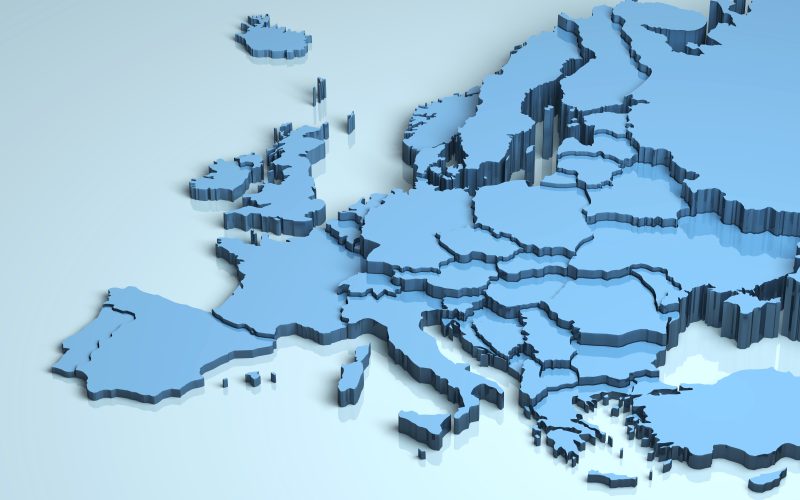
Oxford professor Timothy Garton Ash makes the case that to stabilize the continent, the E.U. must embrace some imperial characteristics.
Read more
Michael Grabell joins host Krys Boyd to discuss the rise in tire prices and how tires offer a window into stubborn inflation and supply-chain issues that continue to hamper the global economy.
Read more